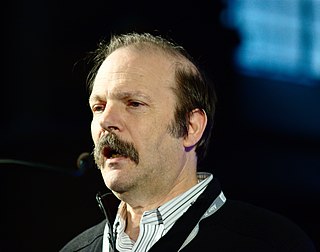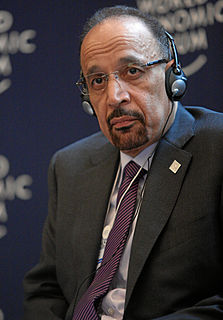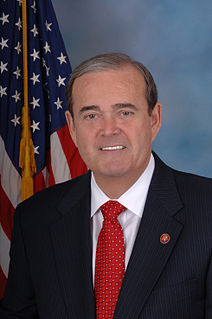A Quote by Moshe Vardi
The bottom line is that while automation is eliminating many jobs in the economy that were once done by people, there is no sign that the introduction of technologies in recent years is creating an equal number of well-paying jobs to compensate for those losses.
Related Quotes
You go ask any founder of any company why he or she did it, you will never hear, "I wanted to create jobs for the community" as the number one, number two, number three, number four, number five, number 10 reason for doing so. That is a result of the success the business enjoys. Creating jobs is not why people start businesses. Creating jobs is not how people innovate in business. It's not how they compete.
The recent period has been marked by a transformation to an economy that is more productive as competitive forces become increasingly intense and new technologies raise the efficiency of our businesses...While these tendencies were no doubt in train in the "old," pre-1990s economy, they accelerated over the past decade as a number of technologies with their roots in the cumulative innovations of the past half-century began to yield dramatic economic returns.
It does happen to be a historical fact that my husband served as president for eight years. And there's a lot that happened which helped the American people during those eight years. I want an economy that creates more jobs. And that's a lot of jobs. I want an economy that gets back to raising incomes for everybody.
It is true that building a green economy will not be good for everyone's jobs. Notably, people working in the fossil fuel industry will face major job losses. The communities in which these jobs are concentrated will also face significant losses. But the solution here is straightforward: Just Transition policies for the workers, families and communities who will be hurt as the coal, oil and natural gas industries necessarily contract to zero over roughly the next 30 years.
Look at what's happening between Main Street and Wall Street. The stock market index is up 136 percent from the bottom. Middle class jobs lost during the correction: six million. Middle class jobs recovered: one million. So therefore we're up 16 percent on the jobs that were lost. These are only born-again jobs. We don't really have any new jobs, and there's a massive speculative frenzy going on in Wall Street that is disconnected from the real economy.
Look at trade and automation: two competing but slightly overlapping forces in the shrinking of the duration of jobs right now. We have to be able to talk honestly about how disrupted this world is going to be, and it is crazy to mislead people and say we're going to bring back all of the big factory jobs by creating a protectionist regime.







































